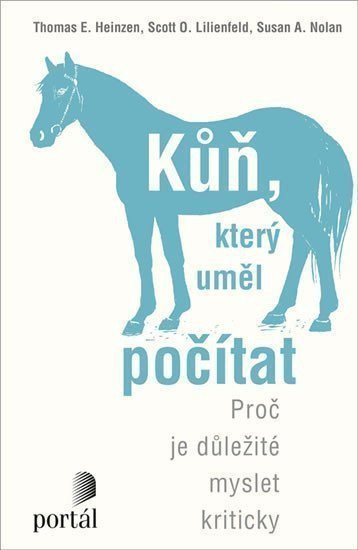Beschreibung
At the beginning of the 20th century, a retired mathematics teacher from Berlin became famous for his horse, which was nicknamed 'Clever Hans', that could count and understood complex verbal commands. Were the horse's abilities real? Certainly not! But what made so many people believe in them and why did it attract such media interest? And how did this mechanism actually work? In the early 1990s, facilitated communication, used with children with autism, gained significant attention. However, based on this method, not only did children miraculously begin to 'speak', but their parents were also accused of abuse. The effectiveness of this method also turned out to be deceptive. What does a horse that could count have in common with the method of miraculous communication? American psychology professors use these and other examples to show how our thinking works, how to avoid self-deception, and how to think clearly and critically. They explain a range of scientific concepts and interesting facts almost incidentally. Thomas E. Heinzen is a professor of psychology at William Paterson University in New Jersey. Scott O. Lilienfeld holds the same position at Emory University in Georgia and is the author of the acclaimed book '50 Great Myths of Popular Psychology'. Susan A. Nolan works as...
Information
Author: Lilienfeld Scott O., Heinzen Thomas E., Nolan Susan A.
Publication date: 7. Februar 2019
Manufacturer: PORTÁL, s.r.o.
Genres: Psychology, Books, Specialized and technical literature, Social sciences
Pages: 160
ISBN/EAN: 9788026214427

